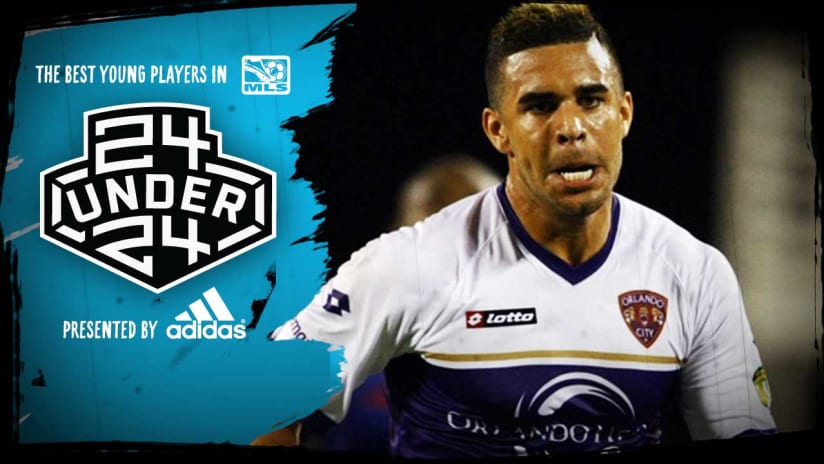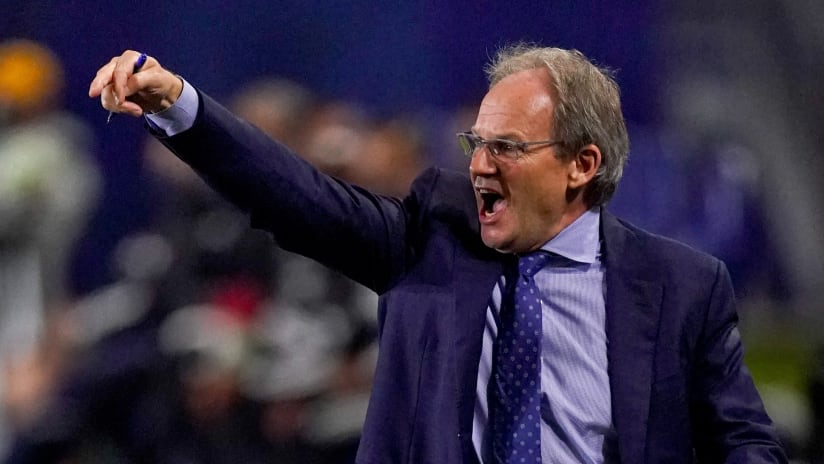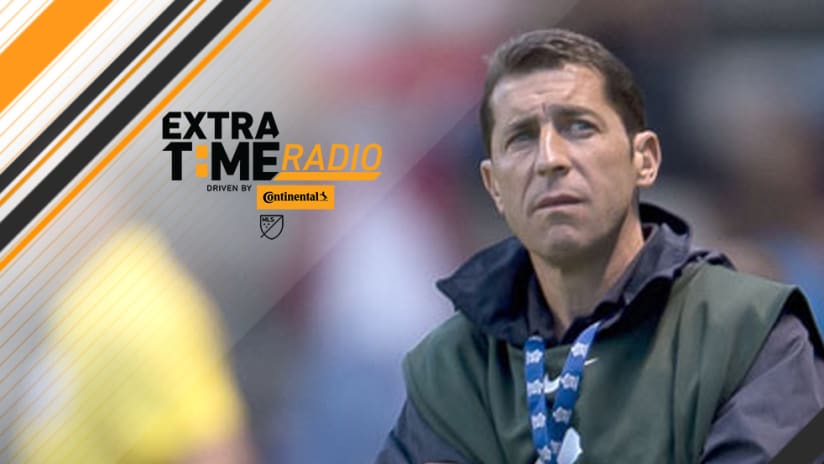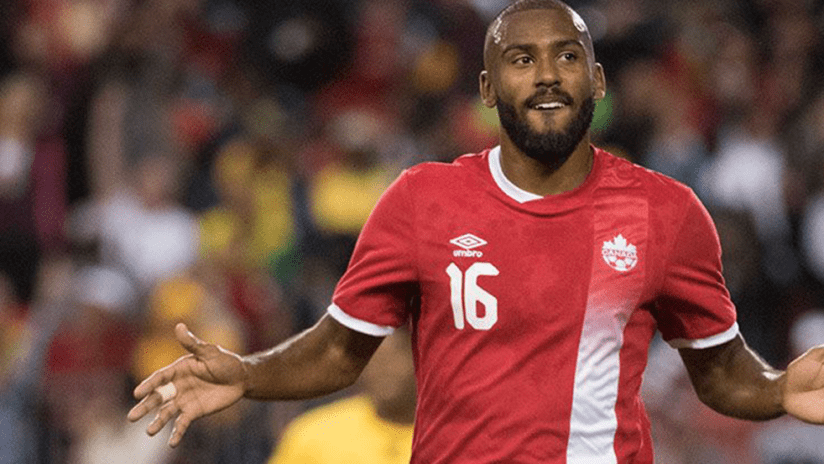When Dom Dwyer received word that he was being loaned from Sporting KC to Orlando City in March, the 22-year-old forward was not the least bit happy.
“I wasn’t too keen on it," Dwyer recalls. “I wanted to play for Sporting.”
Calls to friends and family followed and quickly Dwyer, who grew up in England and played college soccer at the University of South Florida, had received an attitude adjustment.
“They told me there are two ways to go down there,” Dwyer says. “You can go thinking you’re too good for this level. Or you can go down there with the attitude that, if you fail, what’s next? Obviously, I knew I needed to go down there and stand out if I was going to prove I belonged at a higher level. My goal was to show my swag as a player. I ended up really enjoying it.”
How much did Dwyer enjoy his time in Orlando? Only to the tune of 15 goals in 13 league games and four goals and and an assist in his team’s 7-4 victory over Charlotte in the USL PRO championshp game, which was played in front of 20,000-plus fans at the Citrus Bowl.
And you can bet coaches, technical directors and owners around MLS took notice.
“Dom Dwyer is the quintessential example of what can be done if MLS players do a good job or loaning the right players to their USL affliiates,” says MLS technical director Jeff Agoos.
One of the greatest player development challenges MLS faces, according to Agoos, is finding competitive matches for players who have finished up their time at club academies, but are not quite ready to play in MLS for their club’s first-team. There are Reserve League games, but for players like Dwyer who’ve come through the college rank, those matches, without much on the line, do not push a player to improve in the same way a game in USL PRO, or the NASL, might.
To that end, this season 39 MLS players have been loaned out to the 14 different USL and NASL teams. The mission is simple: to give young players competitive games.
“There are a few, exceptional players, who can make the jump to the first-team from the academy,” says Agoos. “But the majority of the players finish the academy and go to college and are out of the system altogether. So we’re trying to address that gap between the academy and the first-team with USL PRO. We want it to be similar to what you’re seeing in Europe, where a team like Barcelona has a team playing in the third division.
WATCH: Past 24 Under 24 winners!
“It’s important for players to be involved in meaningful competition, and at the same time, not to just throw them into the first team, with all the pressures that go along with it. The Reserve League games have turned out to be best for the young academy players and players who are coming off an injury. They’re not really meaningful games. In the USL PRO, teams are playing for three points. In the Reserve League, there’s a table but not the same type of pressure.”
Dwyer agrees, having played a handful of games in the Reserve League, where he found himself on the field with an array of players, but mostly youngsters and players who were trying to get themselves back to match fitness after an injury.
“The Reserve League, guys are competitors and they want to win,” says Dwyer. “But after the game, a lot of guys shrug their shoulders. In the USL, guys want to win every game. It’s the be-all and end-all for most of the guys. That’s how Orlando made me feel, and they made me hungry for it, too. I felt like a part of their team. I wanted to win for them and their fans.”
And playing for real is far different than grinding on the training ground, when it comes to a player’s game-readiness and sharpness.
“It’s a huge difference,” says Dwyer. “You can train as much as you want and it’s going to make you a better player. But the best practice is games. All the training in the world can't give you what a game can give you. Games helped build my confidence. You also can’t get 90 minutes fit in training. You need to play in real games.”
Sporting KC’s affiliation with Orlando has become one of the league’s most effective “systems,” with a minimum of four players on-loan to Orlando. Others have taken note and the league is constantly working on ways to improve its player development mechanisms.
“We’re talking to our clubs,” says Agoos. “Ideally, we’d love something similar to what Major League Baseball teams have, where every team has a farm system. We’d love to see real movement between the lower and higher divisions.
"We’ve seen teams own and operate USL PRO teams, like the Philadelphia Union do with Harrisburg. Or you could have the relationship with a club, like Sporting KC does with Orlando City, where Sporting have a minimum of four loaned players in Orlando to get game experience. Players mature at different rates, so it’s really important to not give up on players too soon and give them the chance to play.”
A chance, as Dwyer had, to show the first-team they’re not just practice players.
“The setup worked well for me,” says Dwyer, who got his first MLS start of the season on Aug. 31 and contributed an assist in a 2-1 Sporting victory over Columbus. “I’m grateful for having been able to be a part of Orlando City, and now I feel I’m closer to helping Sporting.”














